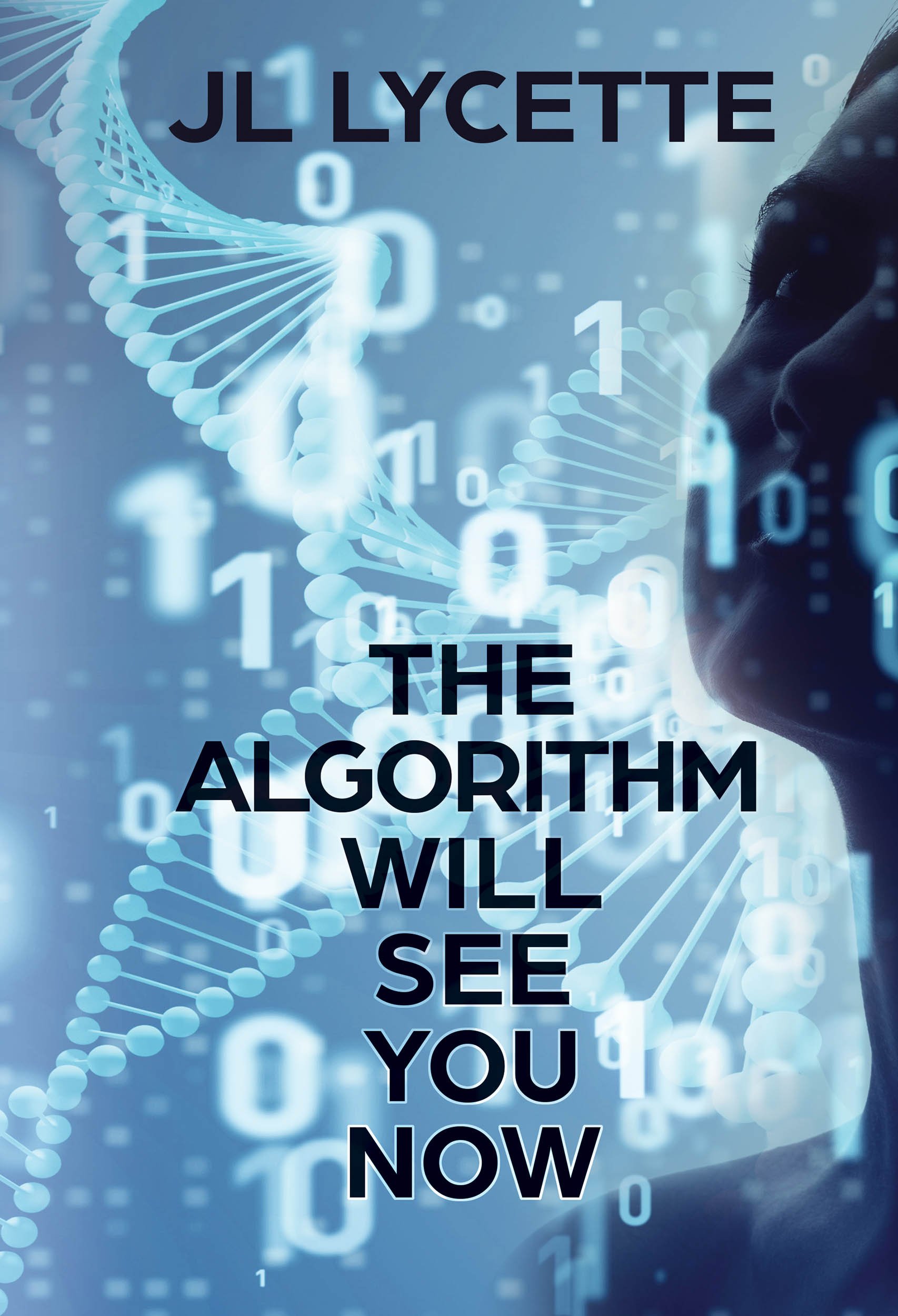I am honing my storytelling craft after thirty years as an emergency physician, mother, and observer of the human condition. I will be creating new entries and pulling in some of my published works. Thanks for coming along.
After Emergency Medicine…

#95 Bonding Through Bulgogi
When Michelle Zauner gets the call from her sick mother, she drops everything to go home to take care of her. The two had spent a lifetime eating and bonding over Korean food. This heartbreaking memoir will leave you misty and yearning to visit the Asian grocery.

#94 Imagining the Frightening Future of AI in Medicine
Imagine the year is 2035 and the miracle of artificial intelligence (AI) has been so thoroughly integrated into the art and science of medical care that life-and-death decisions are made for us by a computerized algorithm that can predict whether cancer treatment will be successful or not. What could possibly go wrong? J.L. Lycette imagines for us in her futuristic medical thriller, “The Algorithm Will See You Now.”

#93 What They Don’t Teach in Med School About Menopause
Menopause
In the firehose of information aimed at med students and residents, menopause education is scant. Understanding of symptoms and possible treatments is not emphasized and understanding is obstructed by poorly conducted studies and mythology.

#92 You Can Decide How You Feel?
Oprah Winfrey and Arthur C. Brooks write that people actually do have tremendous power to determine how they feel. The concept can work for people who work in clinics and hospitals. I write about using the same approach for one persistent problem that doctors, nurses and clinical professionals routinely face in the workplace. We can decide how we feel about difficult patient interactions.

